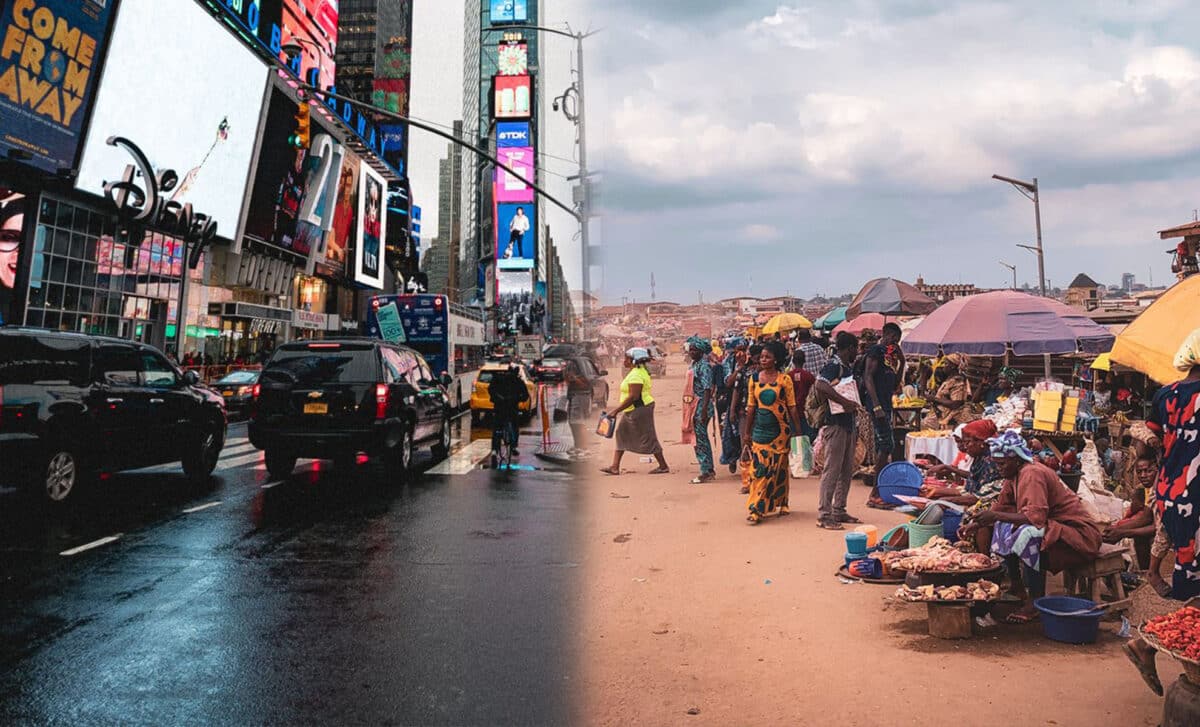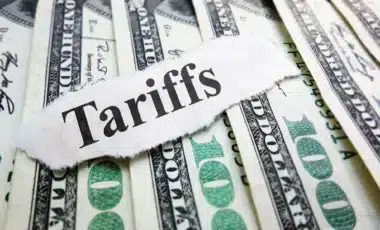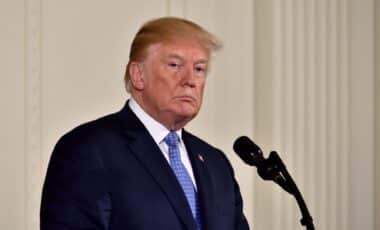Since the onset of the 2020 global health crisis, the wealth of the richest individuals has reportedly doubled, creating a stark contrast to the widespread impoverishment and hunger faced by billions across the globe. This widening gap between the wealthy and the poor highlights a deepening global inequality, posing significant risks to societal stability and governance stability.
Global Billionaires’ Wealth Skyrockets Amidst Rising Global Poverty
As governing elites assembled in Davos, Switzerland, last Monday for the yearly World Economic Forum, Oxfam International released interesting findings that were aimed to confront the world’s most acute junctures that have long been viewed as a case whereby a small group of individuals with a significant amount of financial resources hold a tight grip on key organizations.
Oxfam came up with results after meticulous calculations that suggested that the collective fortunes of five of the wealthiest billionaires on the globe have made a significant growth from $405 billion in 2020 to over $869 billion currently, equating to an hourly increase of approximately $14 million. Concurrently, more than half of the world’s population is grappling with extreme poverty, exacerbated by high inflation impacting about 800 million workers in over 50 countries.
According to Oxfam, at the current rate, global poverty eradication may take over two centuries, while the emergence of the world’s first trillionaire could occur within the next decade.
Amitabh Behar, Oxfam’s interim executive director, remarked in a statement: “We’re witnessing the beginnings of a decade of division, with billions of people shouldering the economic shockwaves of pandemic, inflation and war, while billionaires’ fortunes boom. This inequality is no accident; the billionaire class is ensuring corporations deliver more wealth to them at the expense of everyone else.”
Oxfam reports that since the start of the decade, billionaires have seen an increase of $3.3 trillion in their wealth, growing at a rate 3 times faster than inflation.
Oxfam Calls for Global Wealth Tax to Counter Rising Oligarchic Fortunes
Massive corporations have also witnessed a major growth of their fortunes since 2020, with nearly 150 of the world’s largest companies gathering collectively profits totaling $1.8 trillion, which constitutes large assets for wealthy investors that came when workers were suffering the consequences of the economic crisis caused by the coronavirus pandemic, the Russio-Ukrainian war, climate changes and other global challenges.
The Oxfam report emphasizes the long-term efforts by major corporations to reduce corporate income tax rates, a strategy that has significantly lowered these rates and enhanced the financial and political influence of these companies.
The Oxfam report emphasizes the “sustained and highly effective war on taxation” that large corporations have been conducting over many previous decades, a strategy that significantly lowered these rates and enhanced the financial and political influence of these companies, opening access to vast riches and allowing them to impose their political power.
The report from Oxfam reveals: “Corporate taxes are disproportionately borne by the richest, thus the collapse in corporate taxes in recent decades has essentially provided another tax cut for the wealthy”. Additionally, the report highlights a global impact, noting: “It has also deprived governments around the world, but especially in the Global South, of trillions of U.S. dollars in revenue that could be used to reduce inequality and end poverty. Every tax dollar dodged is a nurse that will never be hired or a school that cannot be built.”
Oxfam’s interim executive director highlighted the detrimental impact of corporate practices, stating: “Runaway corporate and monopoly power is an inequality-generating machine: Through squeezing workers, dodging tax, privatizing the state, and spurring climate breakdown, corporations are funneling endless wealth to their ultra-rich owners.” He further emphasized the broader societal implications, adding: “But they’re also funneling power, undermining our democracies and our rights. No corporation or individual should have this much power over our economies and our lives—to be clear, nobody should have a billion dollars.”
To address escalating inequality and the excessive corporate dominance, Oxfam proposes several broad policy solutions, including breaking up monopolies and implementing a global wealth tax on millionaires and billionaires. This tax could potentially generate an estimated $1.8 trillion annually, funds that could support healthcare, education, environmental protection, and other critical areas.









